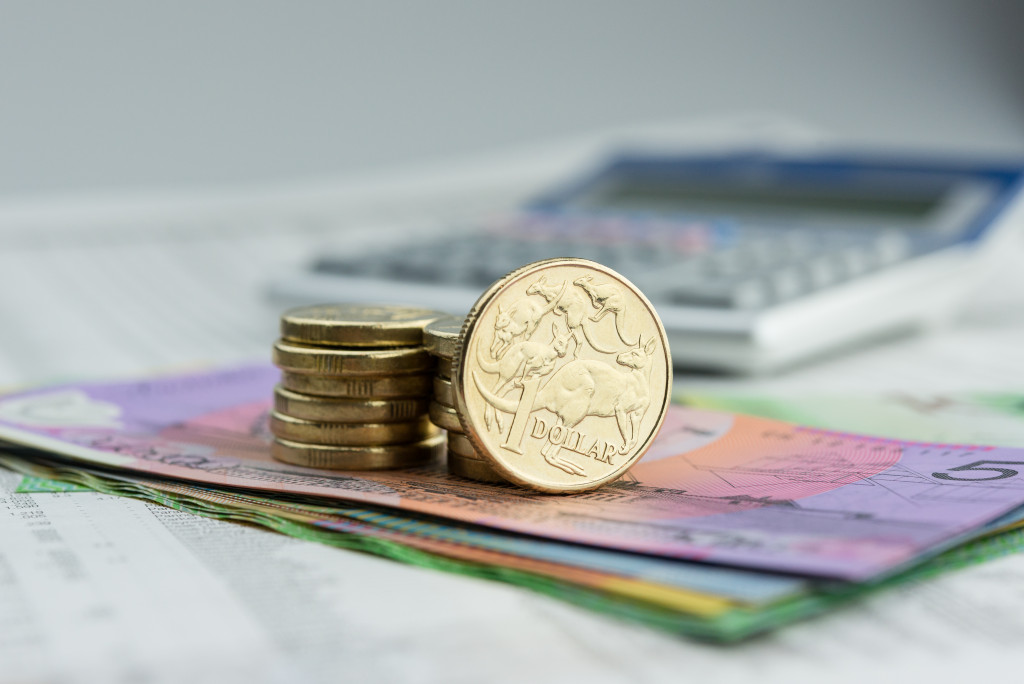Every start of the year always feels like a fresh start or a new chapter, but the realities of the pandemic and the recession enhance this feeling to exponential levels. There’s no denying that almost everyone experienced a financial setback this 2020, and the dawning of 2021 feels like a clean slate—and one that we must all take advantage of. Here are some simple and easy but wise financial resolutions to make before the new year comes.
Save money on your former commuting costs.
If you, like the majority of the world’s workforce, had to transition from a traditional work set-up to a work-from-home scheme, you must have saved a lot more on commuting costs than you ever have in your life (provided you’ve been abiding by stay-at-home orders). If you don’t see a difference in your savings, then you must not have been able to save those reduced costs. This 2021, consider how much money you’ve spent on gas when you were still going to the office or your workplace, and direct this “found money” into your savings account.
Maximise all the debt reduction resources you can find.
If your stream of income has taken a hint—whether it’s having reduced hours or being furloughed from your job—make sure you still keep current with your debt payments. Exhaust all resources like negotiating with your credit card company for more flexible payment terms or forbearance on your mortgage. When the year comes, explore all the debt reduction options that are available to you.
Think long-term.
No matter how young you are, it’s never too early to consider your retirement plans. Consult with a defined contribution consultant who has a proven track record of delivering stable and robust results if you need to start or to know just how much you’ve been able to contribute to or invest in your retirement plan. Speak to your employer about your options and if you are being allowed to maximise all the offerings and matches available to you. Even if you’re only able to put away a little amount, at least for now, it might still go a long way in the future, thanks to the power of compound interest.
Create—and follow!—that budget once and for all.
The start of a new year is an ideal time to go over your recent credit card and bank statements, as well as your sources of income and your monthly spending, to create a foundation for your expenses and income. Once you have that thorough baseline, you can now start to break down your expenses into needs and wants.

Be prepared for more disasters.
If 2020 has taught us anything, it’s that we never truly know what can happen in the world. The COVID-19 crisis is not the first pandemic the world has seen, and experts say it won’t be the last. We need to learn from this landmark year and be financially prepared for what else may come our way—whether it’s a new disease or a natural disaster—it’s good to be financially prepared.
Enhance your financial literacy.
Arming yourself with the right information is a way of investing in yourself. There may be much financial advice and information on the internet, but not all financial tips are created equal. Before you make that big investment or purchase, take the time to educate yourself on financial literacy because not being smart with our finances is a mistake we literally cannot afford at a time of pandemic and a recession.
Financial excellence doesn’t just happen; it takes a lot of discipline, willpower, and self-control. Take this new chapter to start all over again, and believe in your ability to do it.

